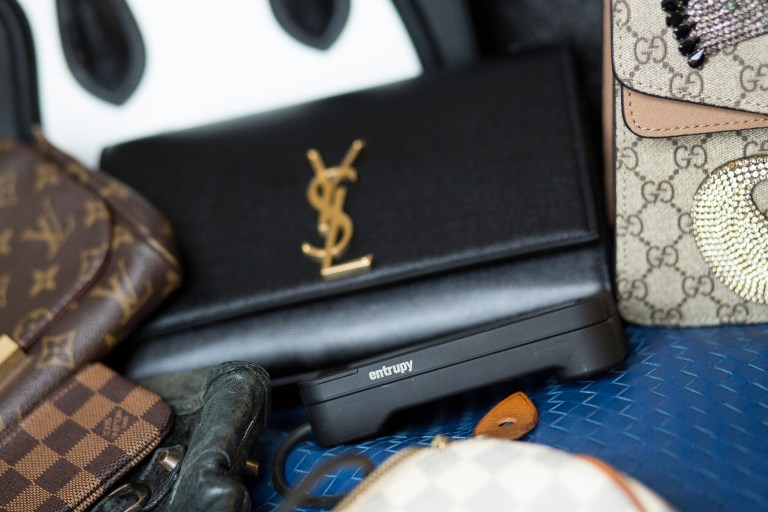How Shopgoodwill.com Authenticates Luxury Goods With AI Tech

Traditional eCommerce and brick-and-mortar merchants aren’t the only organizations that market luxury goods like handbags. ShopGoodwill.com, an eCommerce auction platform that was created by Goodwill of Orange County and is still operated by the organization, offers the same kinds of items on its site.
Over 120 Goodwill organizations nationwide put items on the site. Revenue from the sales help Goodwill’s programs for people with disabilities and other barriers.
Luxury goods are among the items that come in through donation streams across the country. As Senior Director of Online Operations Ryan Smith told PYMNTS in an interview, “it’s not uncommon to see Gucci bags, Coach bags, Louis Vuitton bags.” (As of this writing, handbags from brands like Louis Vuitton, Gucci and Burberry were listed on the site.)
With that class of product, however, comes the possibility that items that seem like they are made by name brands might not, in fact, be authentic, which eCommerce auction websites are looking to mitigate. “We want our customers to know that we’re selling them authentic merchandise,” Smith said. To help achieve that goal, the organization is tapping into solutions from product authentication technology company Entrupy.
Goodwill uses a device that includes a high-powered magnification lens, which can be used on an iOS device to take a picture of a handbag’s material.
That photo is sent to the company’s service, which does an analysis of the material using machine learning technology and gives an opinion of whether the product is authentic or not. “The whole process in general takes about a minute or so,” Smith said, adding that the technology is “exceptionally easy” to use.
The Authentication Technology
Smith said the organization did a training session that lasted a half-hour to 45 minutes, and that it’s easy to pass on that training internally. He compared the process to using an iPhone to take a picture and post it on Facebook. Entrupy said in a press release that its computer vision technology uses algorithms that can verify items with an accuracy rate of 99.1 percent, which Smith noted is in line with what Goodwill has seen so far.
When an item is deemed authentic, a certificate from the company is created. Shopgoodwill.com, in turn, includes the certificate in a picture of the item on its platform, with the aim of increasing consumer confidence. As a result, Smith noted that consumers might be willing to bid more for an item, leading to higher sales prices. If consumers are looking at an item and are not sure it is authentic, “they’re not going to be super invested in that item.”
That idea was echoed by Entrupy Co-founder and CEO Vidyuth Srinivasan. “When shoppers know they’re fully protected, they’re much more likely to value an item at its real worth,” he said in the press release. “We’re thrilled that our technology will enable shopgoodwill.com to sell against that worth, so they continue supporting those in need.”
At the same time, the company noted that it is able to pull upon product information for many different brands. Its database is said to encompass “millions of data points from real and fake goods for 100 years of styles.” Those labels include Coach, Dior, Fendi, Hermès, Goyard and Gucci, among others. In addition, the company said it plans to add the ability to authenticate more categories or other products in early 2019. Entrupy’s authentication solution will be deployed to 125 Goodwill agencies across the country.